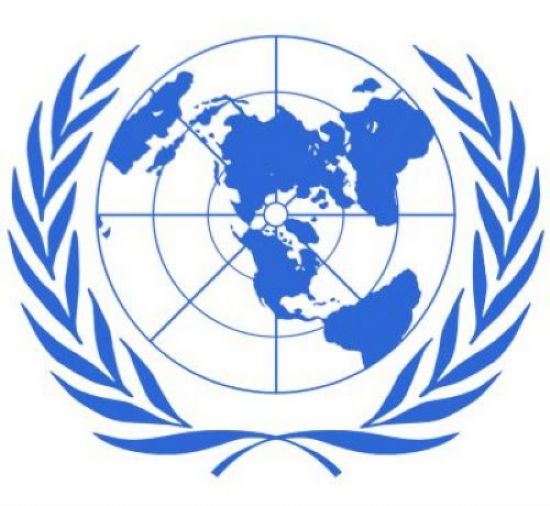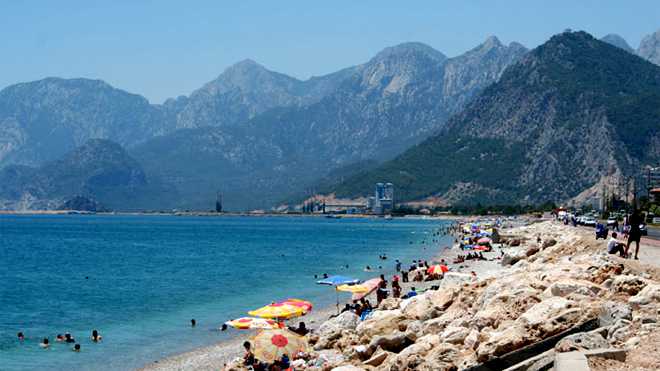By SUAT KINIKLIOGLU
o Published: June 2, 2010 ANKARA — I am the only Turkish politician who has visited Israel since Israel unleashed the Gaza War, and since the Davos incident between Israeli President Shimon Peres and Turkish Prime Minister Recep Tayyip Erdogan highlighted the differences between our countries. I have many friends in Israel and I did not hesitate to visit Israel when an invitation was extended to me by an Israeli think-tank. I maintained my optimism that Turkey and Israel would be able to mend their differences despite their disagreements over the humanitarian situation in Gaza . However, Monday was a turning point for me and my nation’s 72 million citizens. On Monday Turkey was shocked to watch Israeli commandos raiding a Turkish flotilla loaded with medical supplies, toys and food bound for Gaza , killing at least nine peace activists in the process. The raid in itself was illegal as it occurred in international waters. The ships’ 600 activists included Nobel Peace Prize winner Mairead Corrigan-Maguire, German lawmakers, journalists, businessmen, and an 86-year-old Holocaust survivor — hardly targets who could pose a threat to Israel ’s well-trained commandos. Accounts from released activists clearly indicate that the Israeli commandos who stormed the largest ship in the flotilla shot to kill and used electric stun guns. These accounts differ sharply from those coming from Israeli politicians and military. It is therefore imperative that “a prompt, impartial, credible and transparent investigation conforming to international standards” is held. The United Nations, Turkey and international public opinion demand to know what happened; why and who is responsible for the death of nine peace activists. The flotilla raid has two dimensions. First, it has irrevocably damaged Turkish-Israeli relations at the bilateral level. Turkey demands an independent investigation and an apology and compensation for those killed by Israeli commandos. Ankara also wants those responsible for this crime to be punished. Anything short of these measures will not cut it. What the current Israel government does not seem to get is that this action has crossed a critical threshold in the Turks’ perceptions vis-à-vis Israel , regardless of political persuasion. After yesterday, Turks regard the current Israeli government as unfriendly. There is no doubt that the rift has the potential to escalate if Israel does not respond quickly and responsibly Second, there is a significant international dimension to the flotilla fiasco. The killing of nine peace activists by Israel once again demonstrated the blatant disregard for international norms and law by this Israeli government. The response of the international community — and more importantly, the U.S. response — to Israel ’s disproportionate use of violence constitutes a test for U.S. credibility in the Middle East . Along with many European nations, the U.N. and global public opinion, the U.S. has a moral responsibility to condemn Israel ’s violence. Turkey is closely monitoring the U.S. response. As Foreign Minister Ahmet Davutoglu noted, this is not a choice between Turkey and Israel . It is a choice between right and wrong, between legal and illegal. In many respects, the Middle East is approaching an important crossroad. The United States will determine what sort of Middle East it will be dealing with in the future by its response to Israel ’s actions. This could not be more urgent given the tension surrounding Iran ’s nuclear program, the precarious situation in Iraq and the ongoing war in Afghanistan . Furthermore, the flotilla raid has once again highlighted that the blockade on Gaza is no longer sustainable or justifiable. Gaza today constitutes an open-air prison. According to Amnesty International, 1.4 million Palestinians are subject to a collective punishment whose aim is to suffocate the Gaza Strip. Mass unemployment, extreme poverty and food price rises caused by shortages have left four in five Gazans dependent on humanitarian aid. That is why the Freedom Flotilla wanted to deliver aid. It also wanted to make a point of the need to allow Gazans to trade and interact with the rest of the world. Turks have welcomed the Jews escaping from the Inquisition in Spain in 1492. Our diplomats have risked their lives to save European Jews from the Nazis. The Ottoman Empire and Turkey have traditionally been hospitable to Jews for centuries. But we can no longer tolerate the brutal policies of the current Israeli government, especially if they cost the lives of our citizens. The conscience of neither the Turks, nor the international community, can any longer carry the burden of the Netanyahu government’s irresponsible policies. Both Israel and Turkey deserve better. Suat Kiniklioglu is a member of Turkish Parliament from the Justice and Development (AK) Party and its deputy chairman of external affairs.
Tribune Media Services









